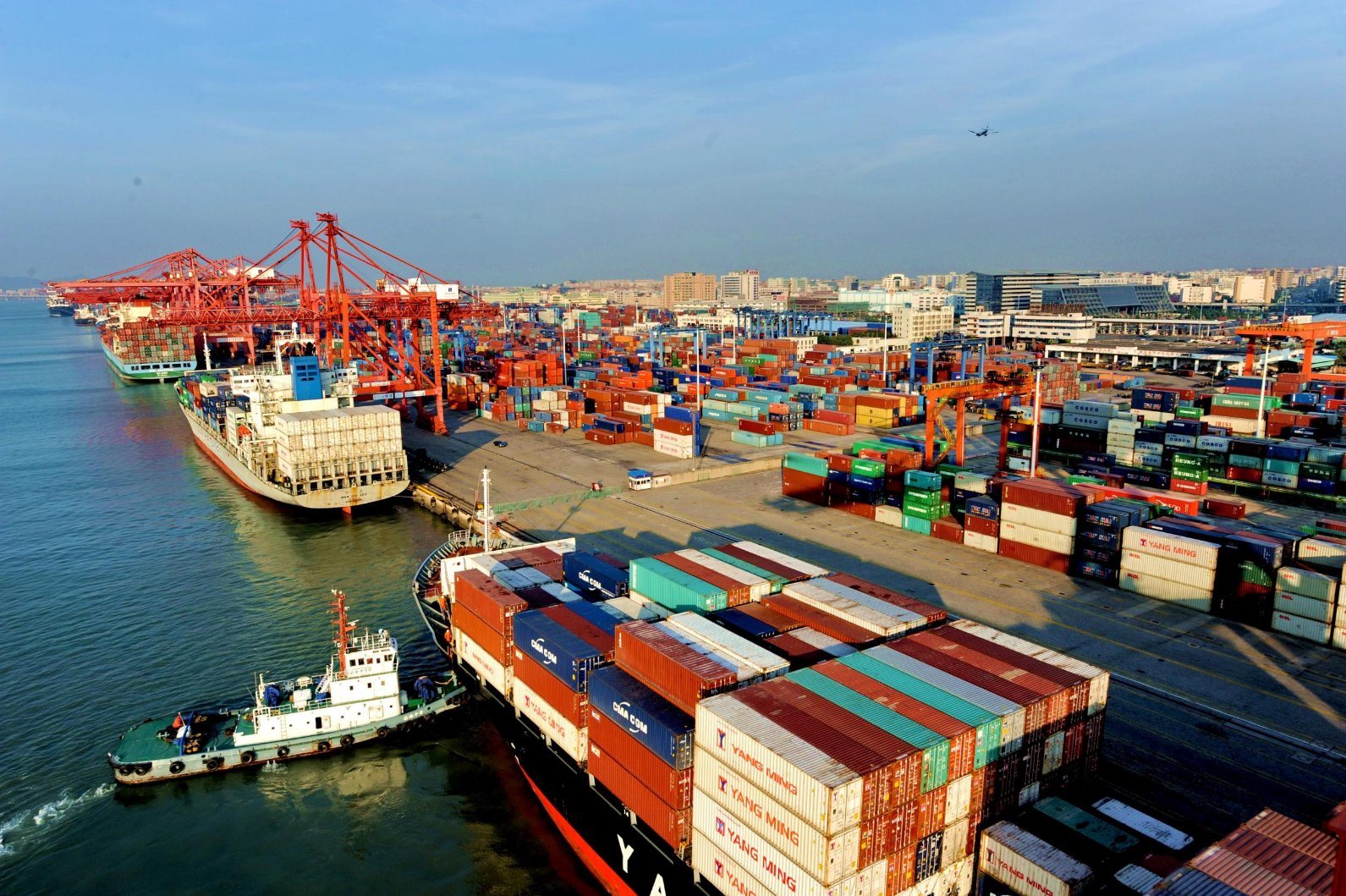AfDB hosts World Bank, Asian Development Bank, others to roundtable discussion on donor relations and fund management
Share

The African Development Bank Group hosted 11 sister institutions for the annual multilateral development bank (MDB) roundtable on trust funds and co-financing, held on 28-29 March, 2019.
The aim of the roundtable was to enhance benchmarking across the development finance institutions (DFIs), raise awareness of emerging innovative approaches to resource mobilisation and of new tools for cooperation, and to share institutional knowledge and best practices. Ultimately, its goal is to share the most efficient methods for mobilising resources towards the achievement of the Sustainable Development Goals (SDGs).
This year’s roundtable took stock of ongoing institutional reforms to the trust fund and co-financing environment in each MDB. Delegates noted the increased decentralisation of partnership and donor relation functions and outlined solutions to some of the challenges that such changes can bring. The group also discussed the role of developing countries in the establishment and management of the trust funds, and best practices in donor reporting. Roundtable sessions also considered blended finance and lessons learned in implementing European Commission (EC) funded projects, given the EC’s increasing influence on concessional resource flows, despite not being represented on the boards of most MDBs.
The World Bank’s director for trust funds and partner relations, Dirk Reinermann, led a dedicated session on the growing business of financial intermediary funds (FIFs), 25 of which the World Bank is currently trustee. The African Development Bank team provided a number of case studies during a session on de-risking tools to crowd in private sector investments in low-income countries, highlighting the work of the private sector credit enhancement facility (PSF) as well as its balance sheet optimisation work, which has helped to release headroom for further investment in fragile states.
Overall, the discussions raised the notion of ‘less is more’ given the increasing “bilateralization of multilateralism”, as one participant put it. Most MDBs prefer to scale up existing funds rather than proliferate the number of vehicles, although this remains a challenge. Ultimately, there was a consensus that the roundtable was a useful platform for working on common principles for donor communication, reporting and trust fund administration.
Co-chair of the event, Desire Vencatachellum, director of the resource mobilisation and partnerships department at the African Development Bank, said, “We must all deliver on our individual mandates while addressing complex global development issues, partnerships and alliances. This was a great opportunity for peer-to-peer exchanges of ideas and sharing best practices to address the common challenges we all seem to be facing”.
Akhil Patel of the European Bank for Reconstruction and Developmentnoted, “There’s real scope to take joint positions on certain themes and present more of a unified front in a number of areas, in addition to sharing ideas and solutions.”
Ilaria Caetani of the Asian Development Bank, who participated in the Roundtable for the first time, added, “My main takeaway from these 2 days has definitely been the sense of solidarity”.
Attendees included representatives of the World Bank, the International Finance Corporation, the European Bank for Reconstruction and Development, the Asian Development Bank, the Inter-American Development Bank, the International Fund for Agricultural Development, the Council of Europe Development Bank, the European Investment Bank, the International Monetary Fund and the Islamic Development Bank. The MDB membership group also comprises the Asia Infrastructure Investment Bank and the New Development Bank.
The African Development Bank previously hosted the MDB roundtable in 2008 and 2012.















